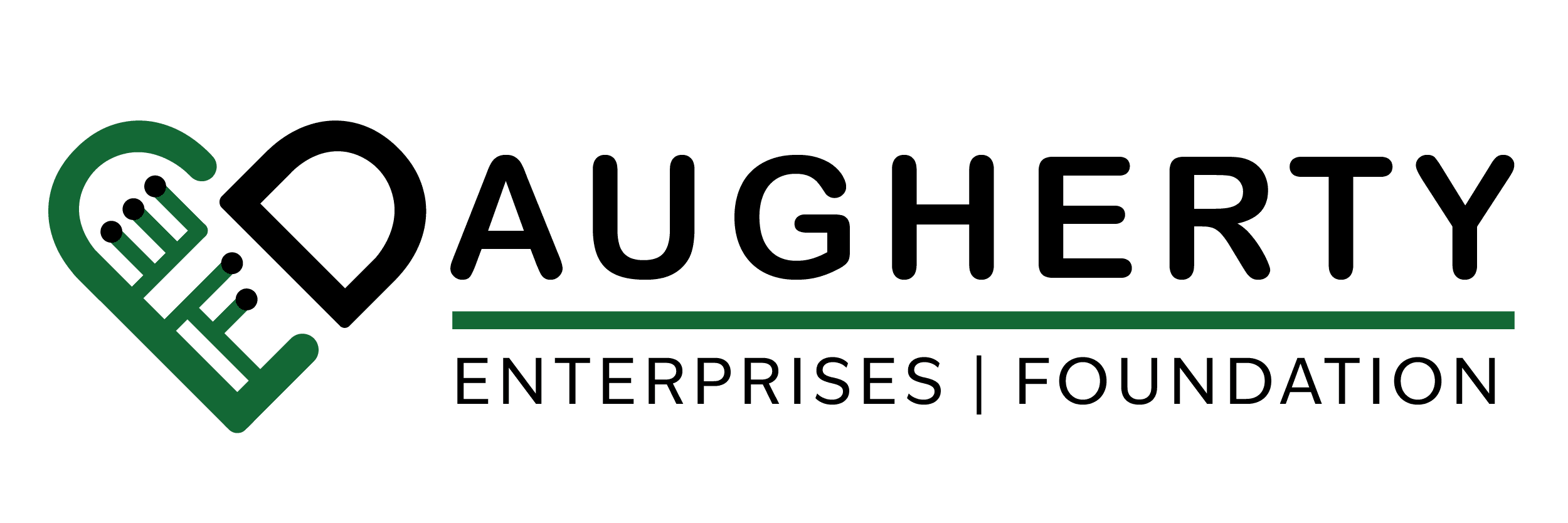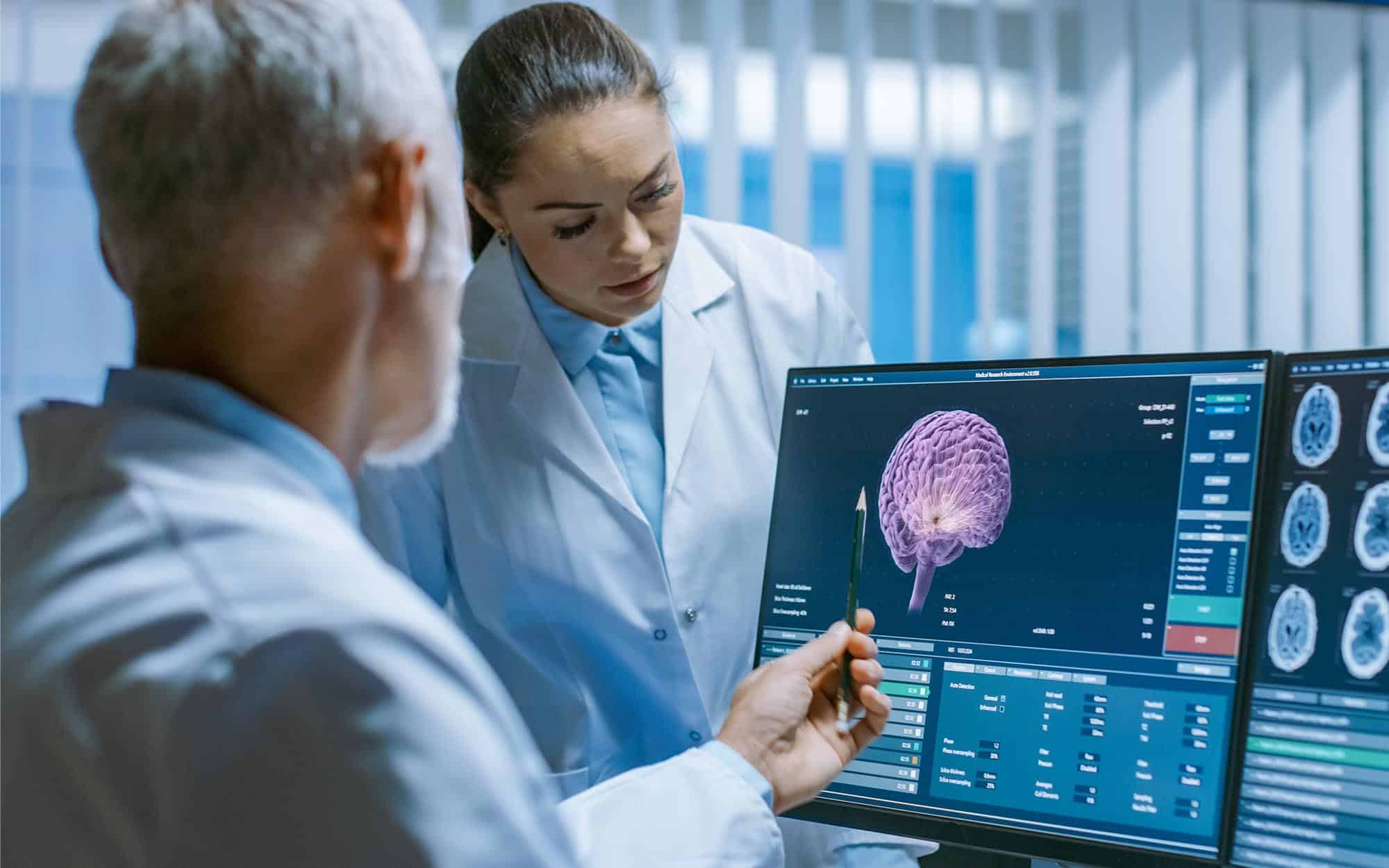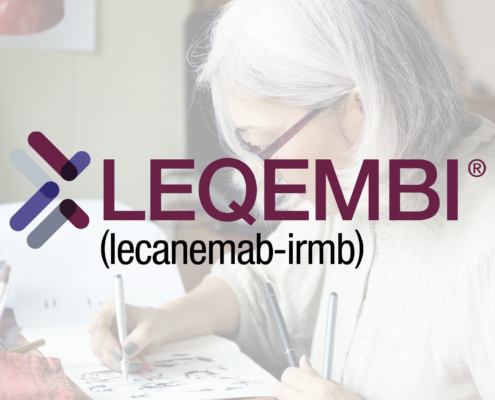The next data frontier involves multi-modal AI: an approach that integrates diverse data streams, such as genetic information, brain imaging, blood tests, clinical history, and even daily behavioral data.
Combining these datasets using advanced machine learning techniques allows researchers to identify previously unseen correlations and patterns, greatly improving disease predictions and treatment plans.
Federated learning, a secure AI technique already used by researchers like those at USC, allows different medical institutions to collaborate on data analysis without compromising patient privacy. This powerful technology could become standard, making AI-driven Alzheimer’s research global, collaborative, and remarkably accurate.
Picture doctors around the world contributing anonymized patient data to a collective AI-powered network. This would result in quicker discoveries, better diagnostics, and more effective, targeted therapies available to everyone, everywhere.











